
The GioTag study demonstrated that sequential afatinib and osimertinib improved overall survival among patients from the US with epidermal growth factor receptor mutation-positive non-small cell lung cancer and a T790M resistance mutation.

Your AI-Trained Oncology Knowledge Connection!


The GioTag study demonstrated that sequential afatinib and osimertinib improved overall survival among patients from the US with epidermal growth factor receptor mutation-positive non-small cell lung cancer and a T790M resistance mutation.

Data from the phase 3 CheckMate-743 trial showed a statistically significant overall survival benefit for patients with previously untreated, unresectable malignant pleural mesothelioma when treated with nivolumab plus ipilimumab.

The FDA approved Guardant360 CDx, the first liquid biopsy companion diagnostic that also uses next-generation sequencing technology to identify patients with any solid malignant neoplasm.

Researchers in Japan established optimized treatment modalities for patients with HPV-related oropharyngeal squamous cell carcinoma based on data from the Head and Neck Registry of Japan.

The oncologist from the Morrison Cancer Center explained why he believes the general population should not receive multi-gene panel testing.

Jennifer M. Yeh, PhD, spoke about study findings which indicated that instituting annual breast cancer screening with MRI at ages 25 to 30 years may reduce breast cancer mortality by 50% or more in survivors of childhood cancer.

The study evaluating atezolizumab in combination with paclitaxel compared to placebo plus paclitaxel did not meet its primary end point of progression-free survival in patients with metastatic triple-negative breast cancer.

The FDA cleared the clonoSEQ assay to detect and monitor minimal residual disease in blood or bone marrow from patients with chronic lymphocytic leukemia.
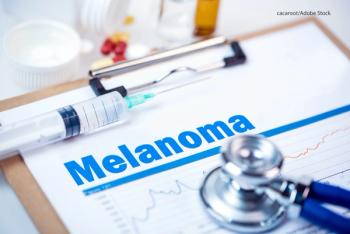
Data released from a phase 2b clinical trial showed statistically significant long-term survival for patients with stage III or IV melanoma at high-risk of recurrence.

Pfizer Inc.’s phase 3 CROWN trial examining lorlatinib to treat patients with ALK-positive NSCLC met its primary end point of improving progression-free survival when compared to crizotinib.
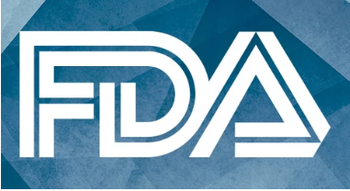
The FDA approved the first anti-BCMA therapy, belantamab mafodotin-blmf, to treat patients with relapsed/refractory multiple myeloma who have received 4 prior therapies.

The researcher from Quest Diagnostics spoke about a recent study which confirmed the benefit of using liquid-based cytology in cotesting for cervical cancer.

A recent study compared the risk of a second cancer diagnosis after primary cancer treatment following the use of either intensity-modulated radiotherapy, 3-dimensional conformal radiotherapy, or proton beam radiotherapy.

A study conducted by the Roswell Park Comprehensive Cancer Center found that patients undergoing radiation therapy for head and neck cancers were at a higher risk of less-favorable outcomes if they were unexpectedly hospitalized for dehydration, fever, or other ailments.

The MD Anderson Cancer Center expert discussed the future of acute myeloid leukemia treatment, and how the field is evolving rapidly.

The new guidelines suggest the need to phase out cotesting and cytology, shifting towards primary HPV testing starting at age 25 years.

A study of patients with gynecologic cancer and COVID-19 found that neither having cancer nor receiving treatment for it worsened COVID-19 outcomes.

Novartis announced that the study met its primary end point of complete response rate in patients with relapsed or refractory follicular lymphoma.

Biosight Ltd announced that the FDA granted fast track designation to aspacytarabine for the treatment of adult patients aged 75 years or older with acute myeloid leukemia.

CancerNetwork’s latest episode of the “Oncology Peer Review On-The-Go” podcast examines an article in the July issue of the journal ONCOLOGY on clinical trials during the COVID-19 pandemic.

The organization indicated that patient safety should continue to be the first priority, and home infusion of anticancer therapy still presents with possible risks that should be considered.

The study is evaluating the subcutaneous formulation of daratumumab in combination with pomalidomide and dexamethasone versus pomalidomide and dexamethasone alone as treatment for patients with relapsed or refractory multiple myeloma.

Researchers indicated that these results suggest the need for alternative approaches for risk stratification of patients with pancreatic cancer.

Researchers specifically suggested that the 86-SNV score could be incorporated into breast cancer risk prediction models for patients carrying a pathogenic variant in BRCA1, BRCA2, and CHEK2.
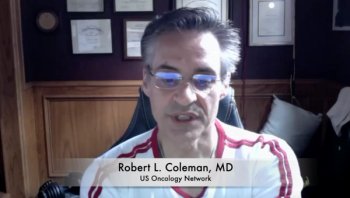
The US Oncology expert explained that results from 2 trials presented at the 2020 ASCO Virtual Program may change how oncologists choose to treat these patients.

The goal of the initiative is to have cancer screenings that were made in the first half of 2020 and cancelled due to COVID-19 rescheduled to ensure patients are again receiving routine screenings.
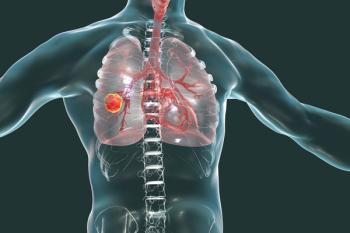
Researchers suggested that based on their findings, increased efforts are needed to implement intervention strategies tailored to local settings to effectively decrease the global lung cancer burden and reduce health inequality.
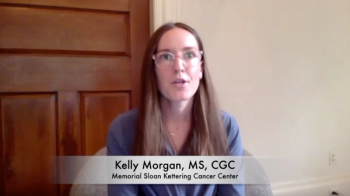
The MSK expert explained that pre- and post-test educatin on genetic testing could help patients and providers alike to better understand the results.

The FDA approved atezolizumab plus cobimetinib and vemurafenib for the treatment of patients with BRAF V600 mutation-positive advanced melanoma.
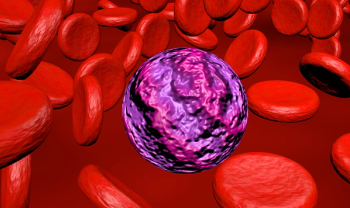
The MD Anderson Cancer Center expert discussed next steps in the evaluation of ivosenidib plus venetoclax, with or without azacytidine, in patients with IDH1-mutated acute myeloid leukemia.